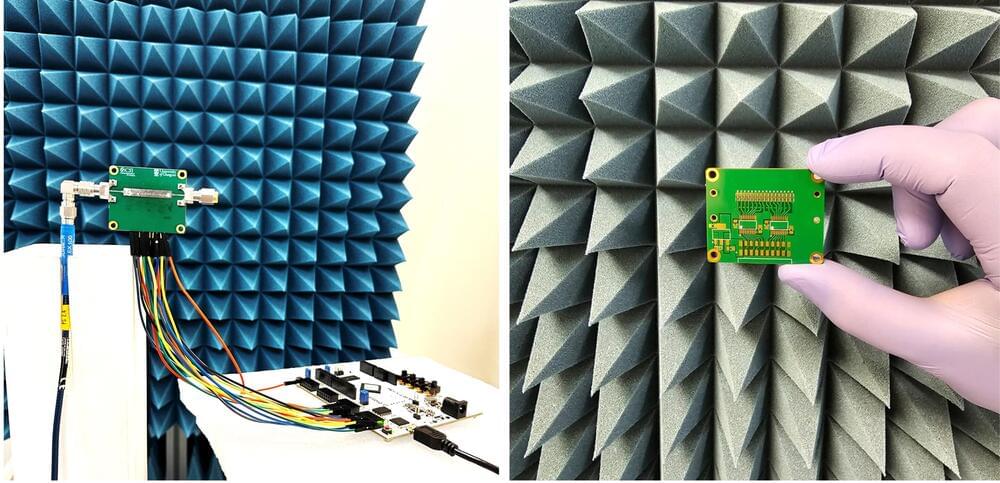Elon Musk praises the Tesla’s Full Self-Driving system for its role in aiding a Tesla owner during a mild heart attack.


Researchers have developed a “blind quantum computing” method enabling secure, scalable quantum cloud computing connecting quantum entities over networks.

A research team led by Lynden Archer, professor and dean of Cornell Engineering, has developed a new lithium battery that can charge in as little as five minutes. This could help address anxiety associated with the charging time of electric vehicles (EVs) and increase their adoption.
In their bid to reduce emissions from transportation, countries worldwide are looking to electrify various modes of transport. Road-based transport such as cars, buses, and trucks have led this transformation, aiming to even ban the sale of fossil fuel-powered cars in the next decade.
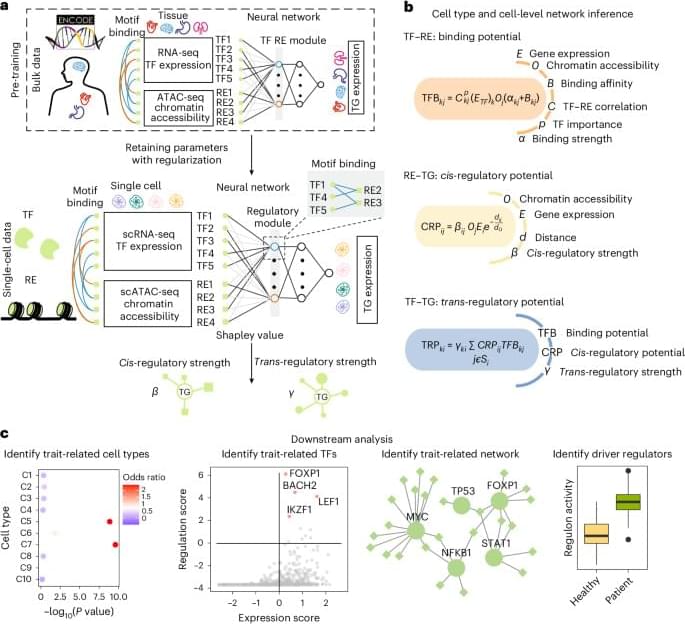


Amazon.com Inc. is rapidly advancing its use of robotics, deploying over 750,000 robots to work alongside its employees.
The world’s second-largest private employer employs 1.5 million people. While that’s a lot, it’s a decrease of over 100,000 employees from the 1.6 million workers it had in 2021. Meanwhile, the company had 520,000 robots in 2022 and 200,000 robots in 2019. While Amazon is bringing on hundreds of thousands of robots per year, the company is slowly decreasing its employee numbers.
The robots, including new models like Sequoia and Digit, are designed to perform repetitive tasks, thereby improving efficiency, safety and delivery speed for Amazon’s customers. Sequoia, for example, speeds up inventory management and order processing in fulfillment centers, while Digit, a bipedal robot developed in collaboration with Agility Robotics, handles tasks like moving empty tote boxes.
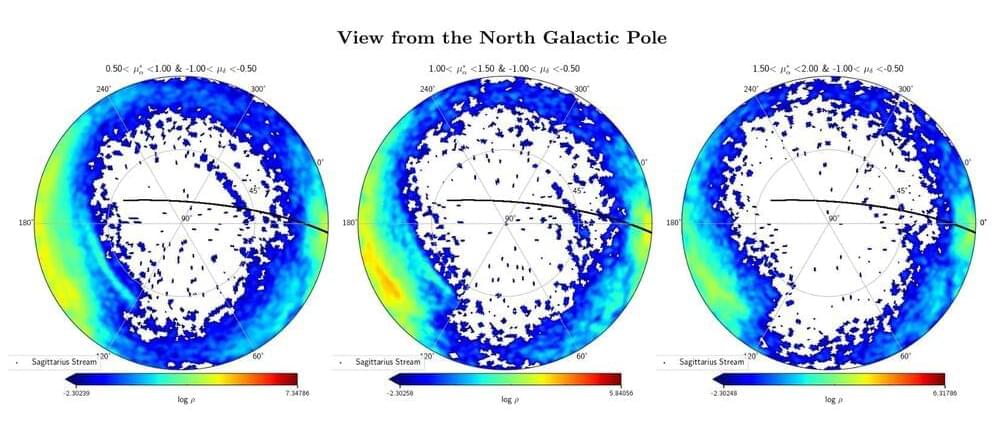
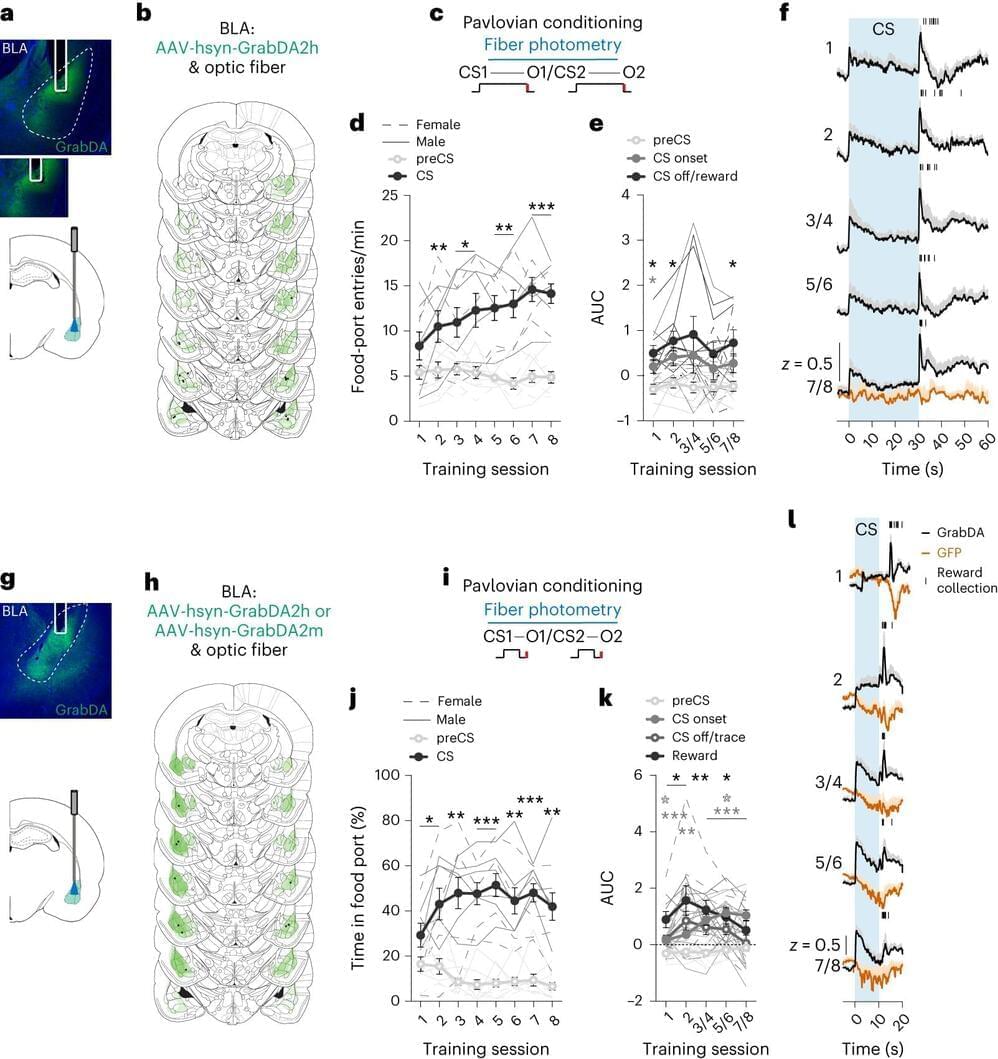
Over the course of their lives, humans build subjective internal models outlining the associations between specific environmental stimuli and rewards that could be gained from interacting with them. These experience-based models allow them to infer what benefits they could gain from acting in specific ways.
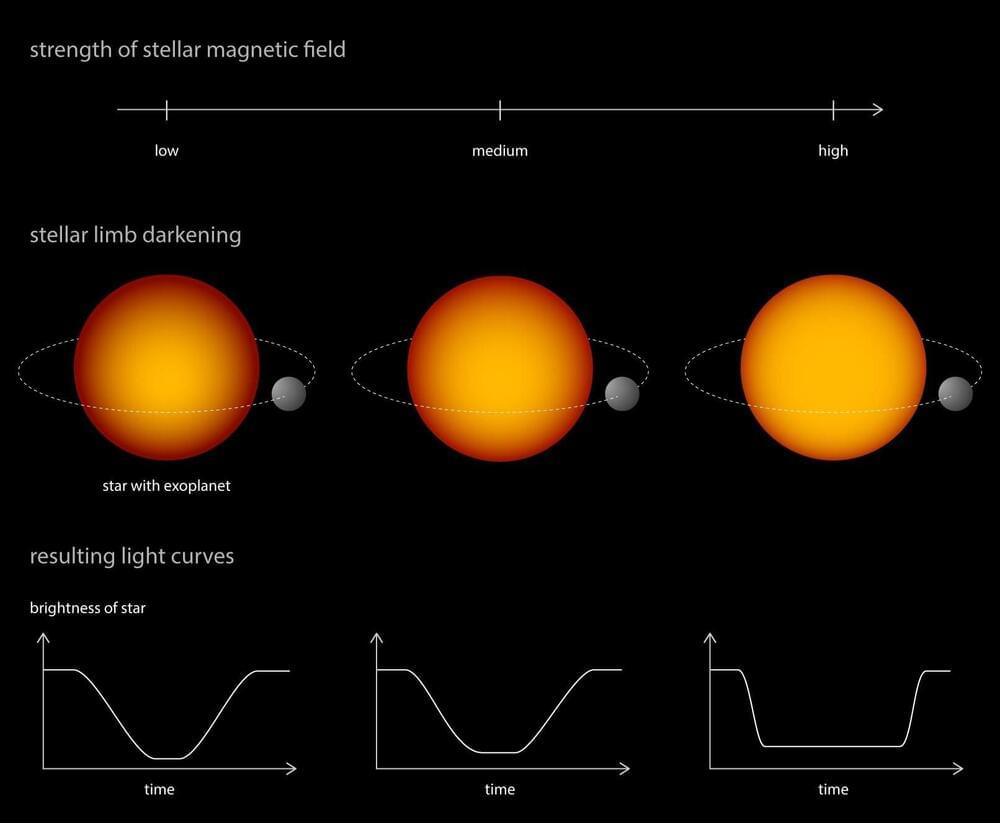
In the constellation Virgo, 700 light years away from Earth, the planet WASP-39b orbits the star WASP-39. The gas giant, which takes little more than four days to complete one orbit, is one of the best-studied exoplanets. Shortly after its commissioning in July 2022, NASA’s James Webb Space Telescope turned its high-precision gaze on the distant planet.
